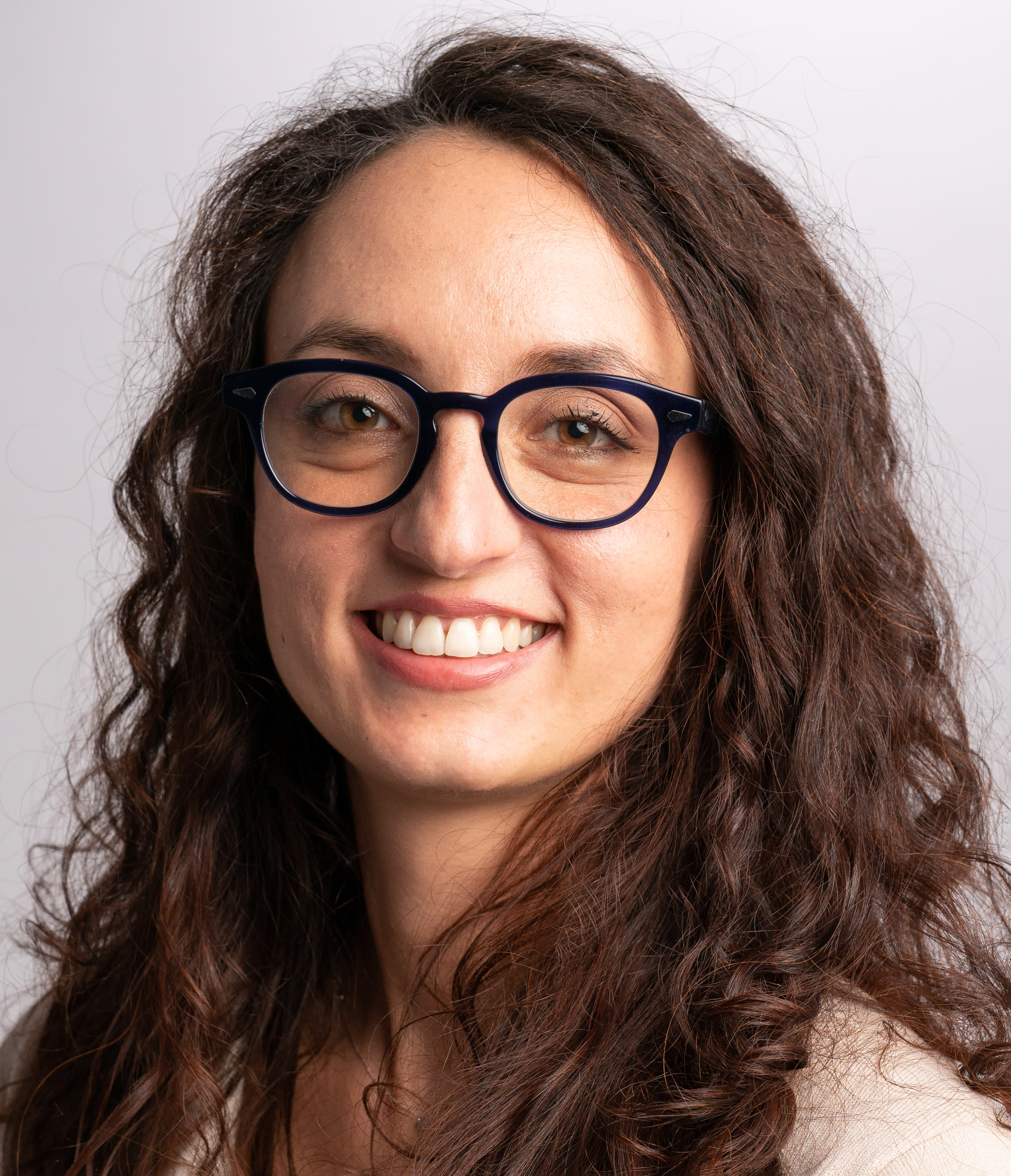In 2019, Mushegh Tovmasyan founded Zenus Bank, a digital bank licensed and regulated by the Office of the Commissioner of Financial Institutions of Puerto Rico.
Q: You decided to found a bank instead of a fintech company. Why did you make this choice?
A: The challenger banking and fintech world offer essentially front-end solutions to problems, but they rely on traditional banks for some of their operations. So they do solve some problems, but what they're able to provide is limited by what the bank that sponsors them allows them to do.
E-wallet solutions are good for certain purposes, such as small payments for freelancing jobs. For a lot of other transactions, it's just not possible to use fintech. Many brokers will not accept a deposit from a wallet because it is a third-party transfer.
Q: Zenus Bank is a bank without being a lender. What made you come to this decision?
A: Our business model is designed to be very different from the traditional banks. Ninety-nine point nine per cent of the banks in the world are lenders, and in some countries, you cannot have a banking licence without being a lender. In the US it is possible.
We managed to get a banking licence that allows us to do the business of banking, specifically payments, accounts, card issuance and foreign exchange. But we don't invest customer deposits, we don't make loans, we don't offer credit, or any trading product.
Q: Zenus Bank is not insured with the Federal Deposit Insurance Corporation (FDIC) – why?
A: Zenus Bank has comprehensive insurance policies via leading global insurers to keep the bank and its clients’ deposits safe. Zenus’s choice to operate as a full-reserve bank is critical in protecting our clients’ funds. We do not invest customer deposits. This means there is little to no risk.
All client deposits are held in top-tier financial institutions including the Federal Reserve Bank of New York. This has the added benefit of FDIC coverage applying to our correspondent accounts held at other institutions. As a result, full-reserve banking is typically unaffected by major economic events and volatility in the market and there is tight control on inflation and deflation.
We also do not provide any credit or overdraft facility that would expose the bank to underwriting risk. Our insurance coverage accounts for the size of the bank as it stands, and our policies will grow as needed to provide optimal coverage for the bank and our clients. We also have cyber security and crime insurance policies from major international insurance that cover all transactions and deposits at Zenus Bank.
Q: What is your market proposition?
A: We are a bank aiming to offer an accessible premium add-on for people who have banking and foreign currency needs outside of their country.
We do not see ourselves as the primary bank for any of our customers, rather an essential instrument for somebody with cross-border needs, especially in emerging markets. For ultra-high-net-worth individuals, there have always been solutions, but never for the average person.
We give customers in developing markets, such as Latin America, access to a US bank account without requiring US residency, providing access to the US dollar.
We charge a $50 application fee, which covers onboarding and the latest KYC (know your customer) services, and then $19.99 per month. We are an especially attractive banking provider for people who travel regularly but want to have access to the US dollar, want to keep their money outside of their own country or need to interact with Western e-commerce platforms by sending cross-border transfers.
Q: How did you devise your business idea?
A: I have been active in the online trading and e-commerce space for more than 20 years. Since the early 2000s, following the digital revolution, brokers have been able to serve clients from all over the world. When someone applies for an account, you do all the checks, and then the person needs to make a deposit before they can start trading.
However, that process is very challenging in many parts of the world, even today. Whether it's for a deposit into a brokerage account, or to buy something you saw in an advert on Instagram, it is not as easy to make that cross-border payment as your account could be frozen in the process or your funds lost in the payments journey.
And having lived and operated in all these places, and experienced these challenges, I really wanted to find the solution to these problems.
Q: How big is Zenus Bank at the moment? What are your plans in terms of expansion?
A: We've been open for just a year, in what can be considered as our soft launch, because we've done no advertising. We currently have several thousand clients. We will be welcoming 30,000 new customers this year, the majority from Latin America which is where we will focus our marketing activity.
We have a team of about 50 people. And towards the end of the year, we feel that our growth is going to come from offering our banking infrastructure to other fintechs rather than directly targeting customers. UK fintechs, for example – if they want to service US clients, they can use us.
Q: How does Zenus Bank compare with other solutions?
A: First, we can move an unlimited amount of money between our users instantly and for free 24/7. Otherwise, for transfers within the US, there is a flat fee of $15 and a flat fee of $25 for international transfers. Also, we offer safety as we are a US bank as opposed to an e-money or less-regulated fintech.
Q: Who are your investors?
A: We are privately funded and currently engaging in a funding round. We don't have any relationships with venture capital companies, because we don't see this relationship as suiting our model and their business approach does not work for a bank.













